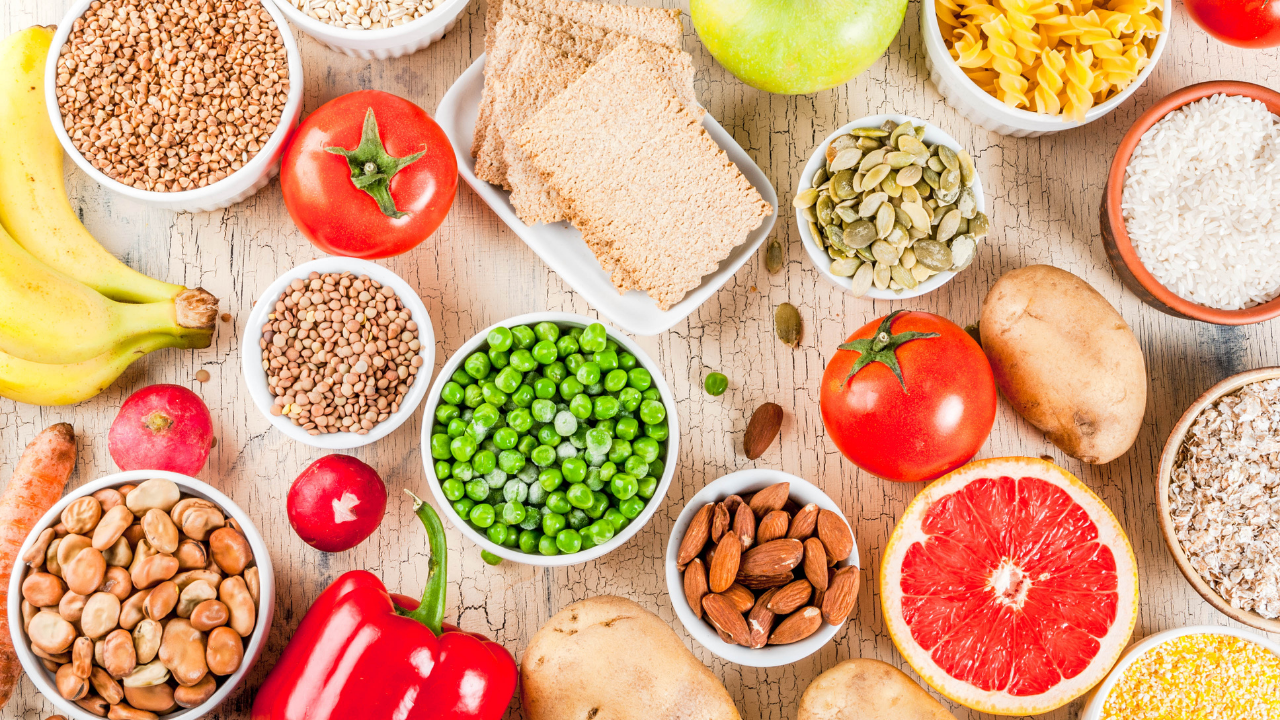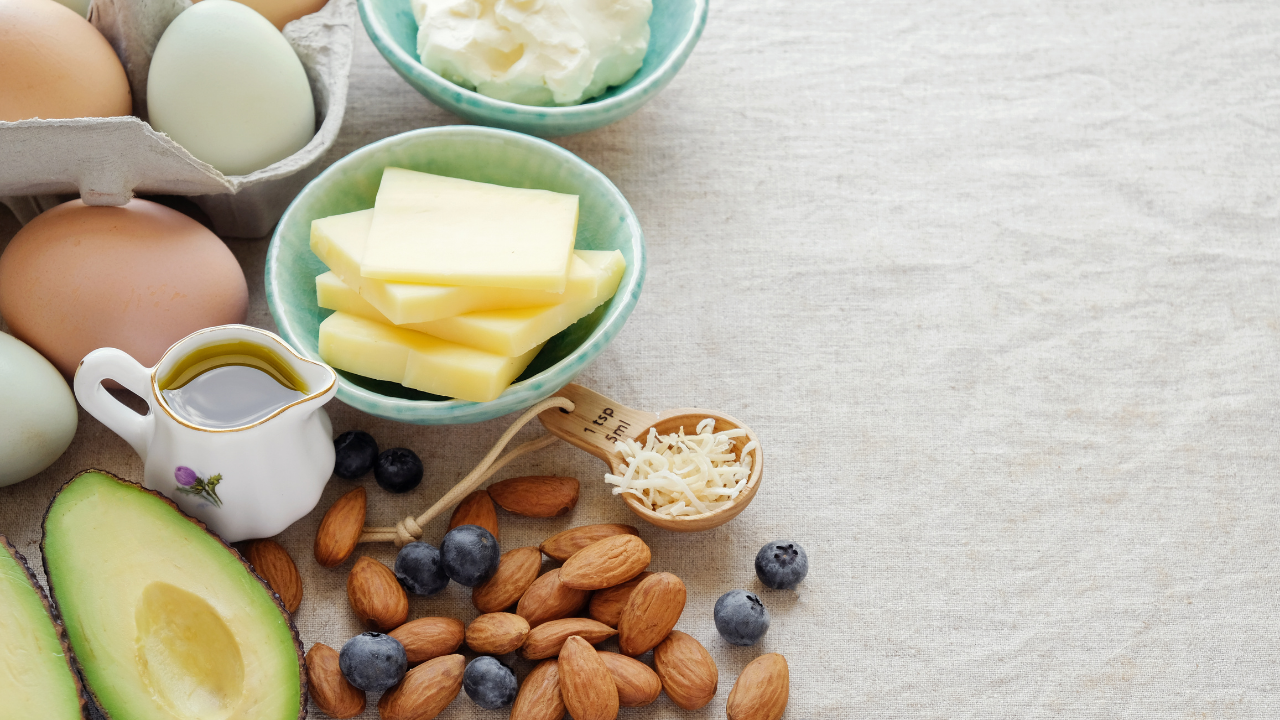Refined Carbohydrates and Why They Cause Anxiety
Mar 01, 2022
Simple carbs, also known as simple sugar or refined carbs, are found in processed foods like cakes, cookies, breakfast cereal, pizza, and pastries. They should be avoided as much as possible, for the rest of your life. (Don’t worry: I show you how you can still enjoy these things but in an “upgraded” way in all my books.)
Refined carbohydrates are made from wheat, which is fine in a balanced, healthy diet for some people; however, most processed carbs are made from low-quality wheat that has been genetically modified and grown in poor soil, saturated with pesticides, and then mixed with refined sugars to make a “food” like a cake or a bagel. The bottom line is that neurotoxic refined carbs include most sugars, trans fats, and processed grains.
Refined carbs may give you an initial surge of energy, but this can be followed by an insulin rush, which rapidly drops blood sugar levels, ultimately leaving you feeling lethargic. Substantial fluctuations in blood sugar can cause an immediate anxiety response in the body.
For example, a study was done with a 15-year-old female who presented concerns of generalized anxiety disorder and hypoglycemia symptoms. Her diet consisted primarily of refined carbohydrates. Protein, fat, and fiber were then added to her diet, a step that resulted in a substantial decrease in her symptoms of anxiety. A brief return to her previous diet caused a return of her anxiety, followed by another improvement when she restarted the prescribed diet.

No need to be afraid of all carbohydrates, though; there are good and bad carbs. It’s easiest to remember that good carbohydrates come from nature in whole foods like fruits, vegetables, and whole grains. Bad carbs come from human-made foods like bread, cakes, cookies, and muffins.
The good carbohydrates that you can eat as part of a balanced diet are oats, organic non-GMO wheat, and vegetables. If you want to eat things like muffins and cookies, check out my recipes in Part II of this book, which use alternative ingredients like almond flour, tigernut flour, and tapioca to make delicious, soft, and moist cakes.
Another helpful thing to remember is the principle of simple carbs versus complex carbs. Simple carbohydrates are found in foods such as milk, milk products, pasta, sugar, white bread, and some fruits and vegetables. They are also found in processed and refined sugars like table sugar, syrup, and soft drinks.
Not all simple carbohydrates are bad, however. Fruits and vegetables may contain simple carbohydrates, but because they contain dietary fiber and are rich in micronutrients, such as vitamins and minerals, they may be considered healthful. If you need a quick sugar rush, it’s better for you to get it from an apple than candy, which doesn’t have those similar nutrients.
Complex carbs last longer in the body than simple carbs because they have more substantial molecules. They are called complex because they are made up of chains of three or more sugar molecules. Simple carbs by contrast contain only one or two sugar molecules. Beans, peas, whole grains (for instance, quinoa and rice), and vegetables are made up of complex carbohydrates.
Both simple and complex carbohydrates are turned into glucose (blood sugar) in the body and are used as energy. Complex carbs are high in fiber and take longer for your body to process, so they’re more filling. Simple carbohydrates are broken down quickly to be used as energy. (This is why the body gets a quick sugar rush when you eat candy.) Eating simple carbs can cause major swings in blood sugar levels and contribute to impulse eating, binge eating, and overeating. They are also high on the glycemic index, providing short-term fullness. Complex carbs, in comparison, are a long-term fuel source.
Uma Naidoo, M.D., a nutritional psychiatrist and contributor to the Harvard Health Blog, explains how complex carbohydrates are metabolized more slowly and, therefore, help maintain a more even blood sugar level, which creates a calmer feeling. She says: “A diet rich in whole grains, vegetables, and fruits is a healthier option than eating a lot of simple carbohydrates found in processed foods. When you eat is also important. Don’t skip meals. Doing so may result in drops in blood sugar that cause you to feel jittery, which may worsen underlying anxiety.”
This is an excerpt from my latest book, Anxiety-Free with Food. To read more about this topic, get the book HERE.
Resources:
1. M. Aucoin and S. Bhardwaj, “Generalized Anxiety Disorder and Hypoglycemia Symptoms Improved with Diet Modification,” Case Reports in Psychiatry (2016), p. 7165425, doi: 10.1155/2016/7165425.
2. U. Naidoo, “Nutritional Strategies to Ease Anxiety,” Harvard Health Blog (August 29, 2019), https://www.health.harvard.


